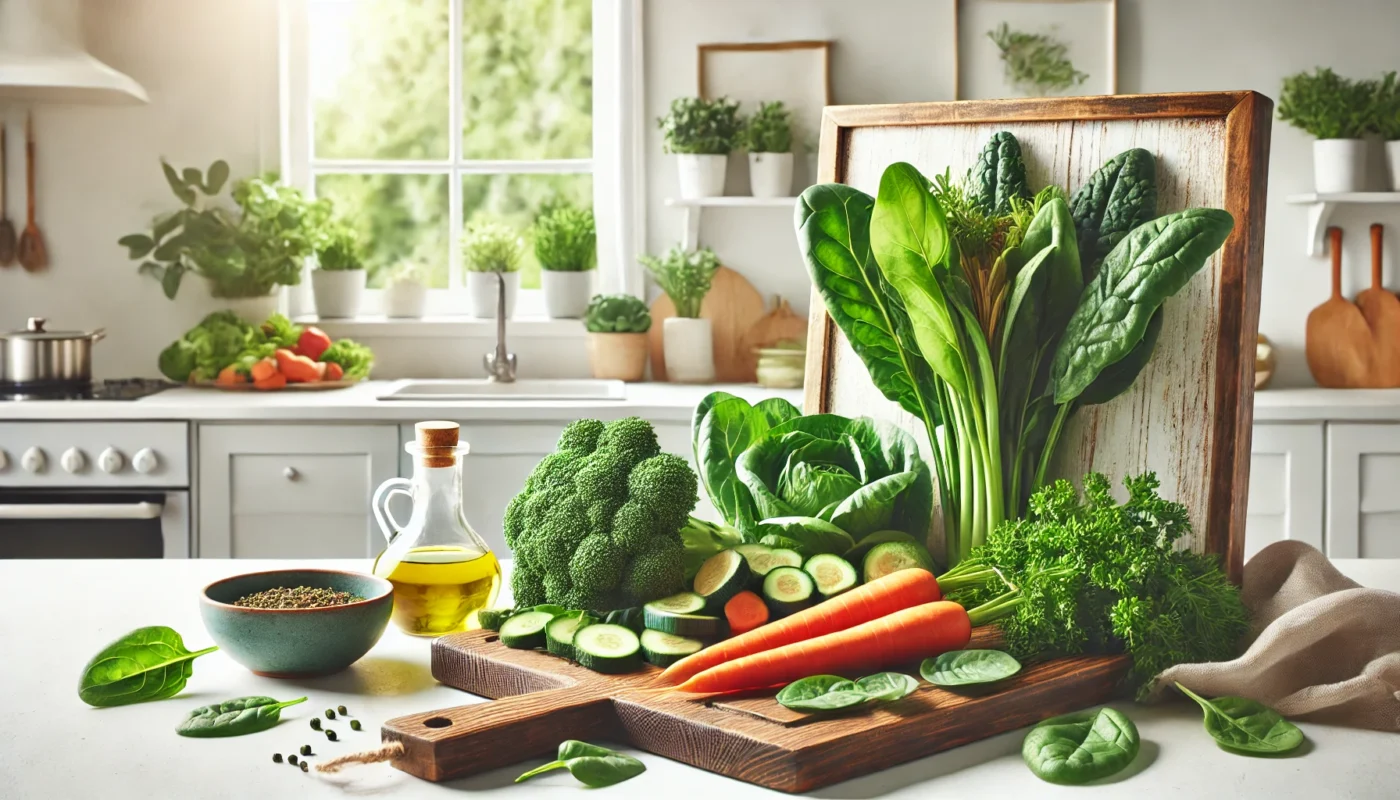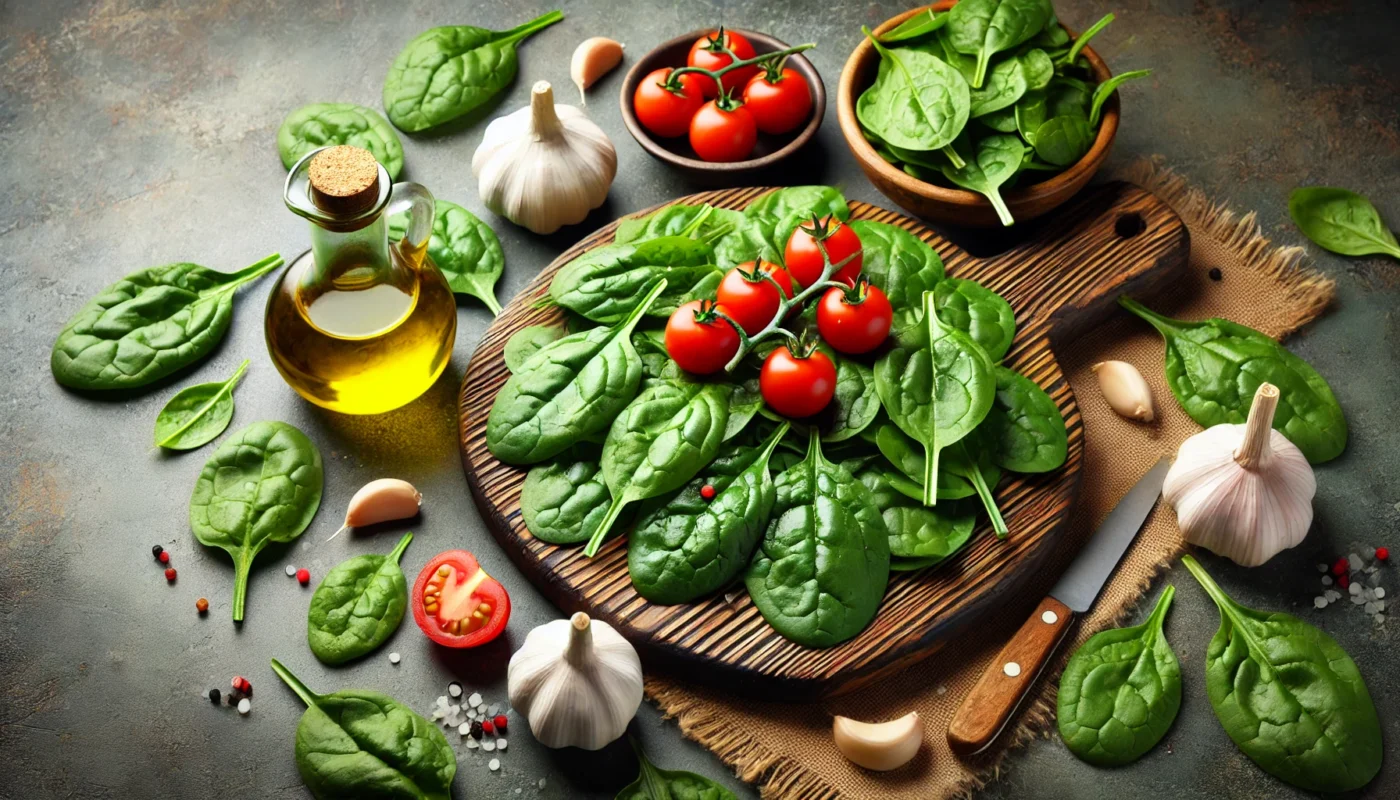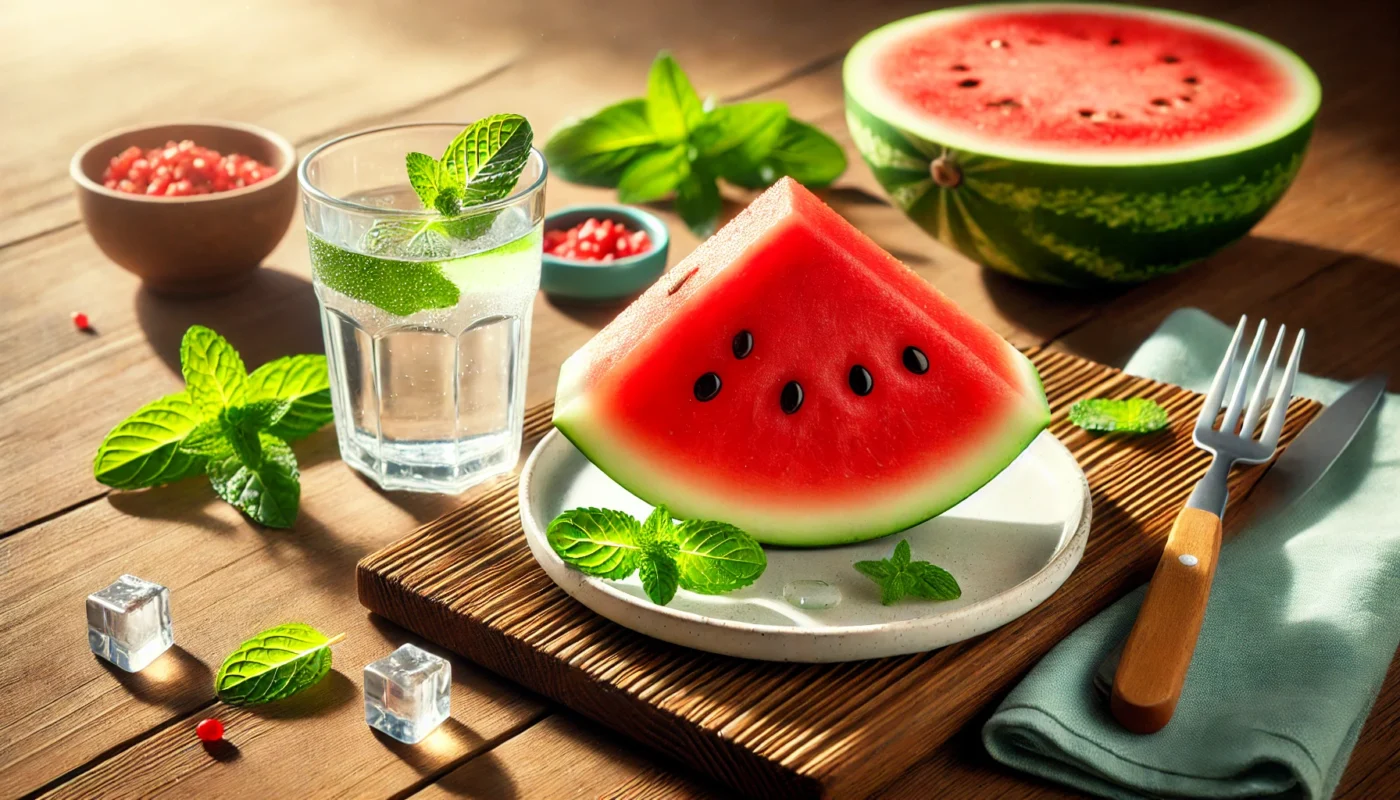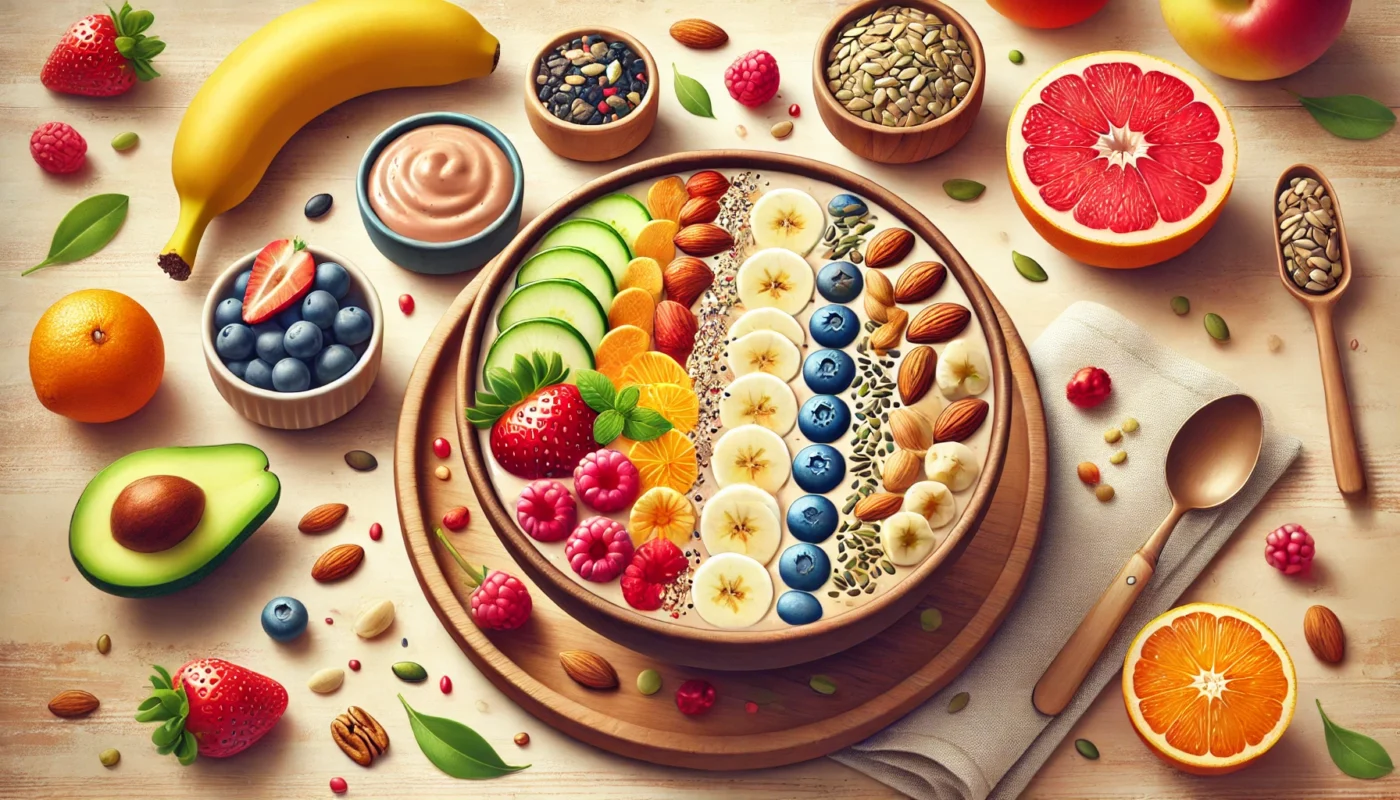Gut inflammation is a common health concern. It can cause discomfort, disrupt your daily life, and even lead to serious health issues.
Understanding the role of vitamins in managing gut inflammation can be a game-changer. It can help you take control of your health and improve your quality of life.
This article aims to shed light on the essential vitamins that can help combat gut inflammation. We will delve into the science behind these vitamins, their benefits, and how to incorporate them into your diet.
We will also explore other supplements that can support gut health and reduce inflammation. These include probiotics, prebiotics, and certain minerals and herbal supplements.
In addition, we will provide practical tips on how to choose high-quality supplements. We will also discuss the importance of personalized nutrition and lifestyle factors that can influence gut health.
Whether you’re a fitness enthusiast, a health enthusiast, or a medical patient, this article is designed to provide you with comprehensive and practical information.
Our goal is to empower you to make informed decisions about your health. Let’s embark on this journey towards improved gut health and overall wellbeing.








